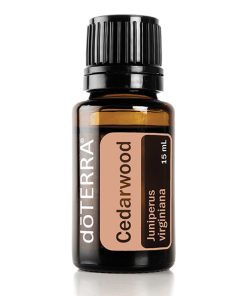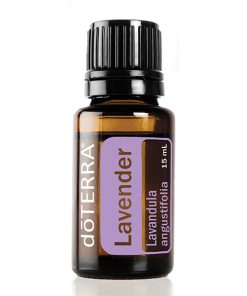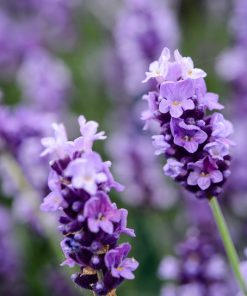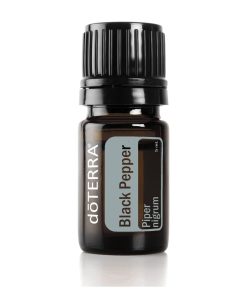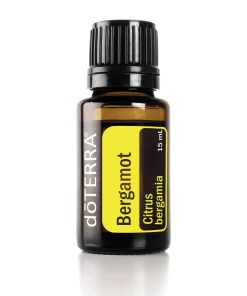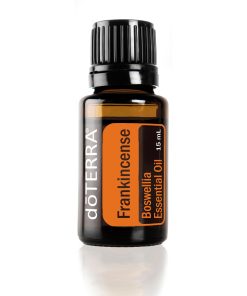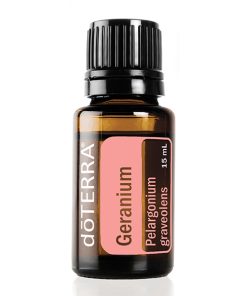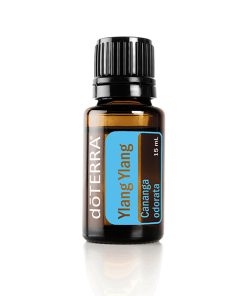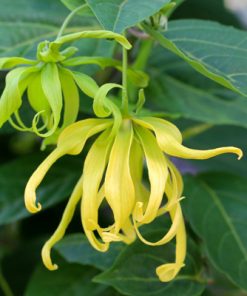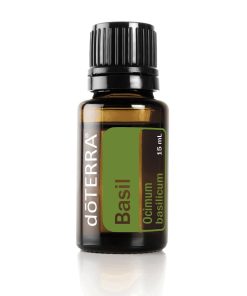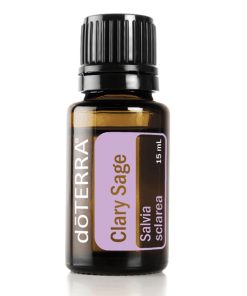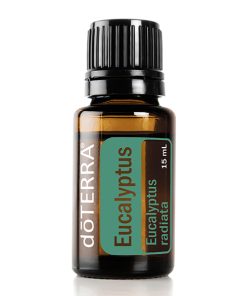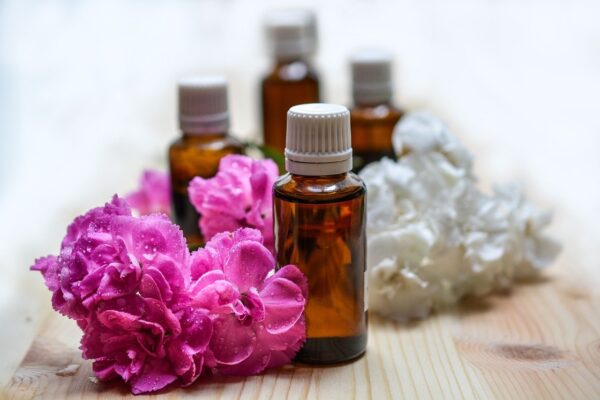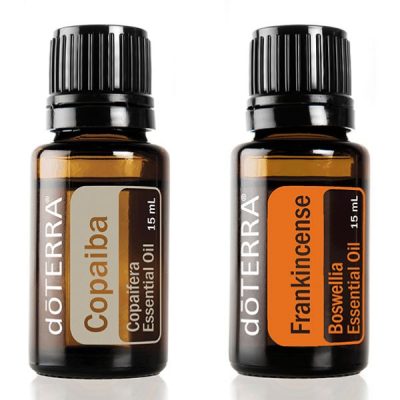Essential Oils & The Brain
Using pure essential oils for aromatherapy impacts the brain’s emotional centre. The fragrant ecstasy can positively impact memory, anxiety, nausea, and overall brain functionality. In addition to emotions and overall mental state, it helps curb hunger, anxiety, and stress.
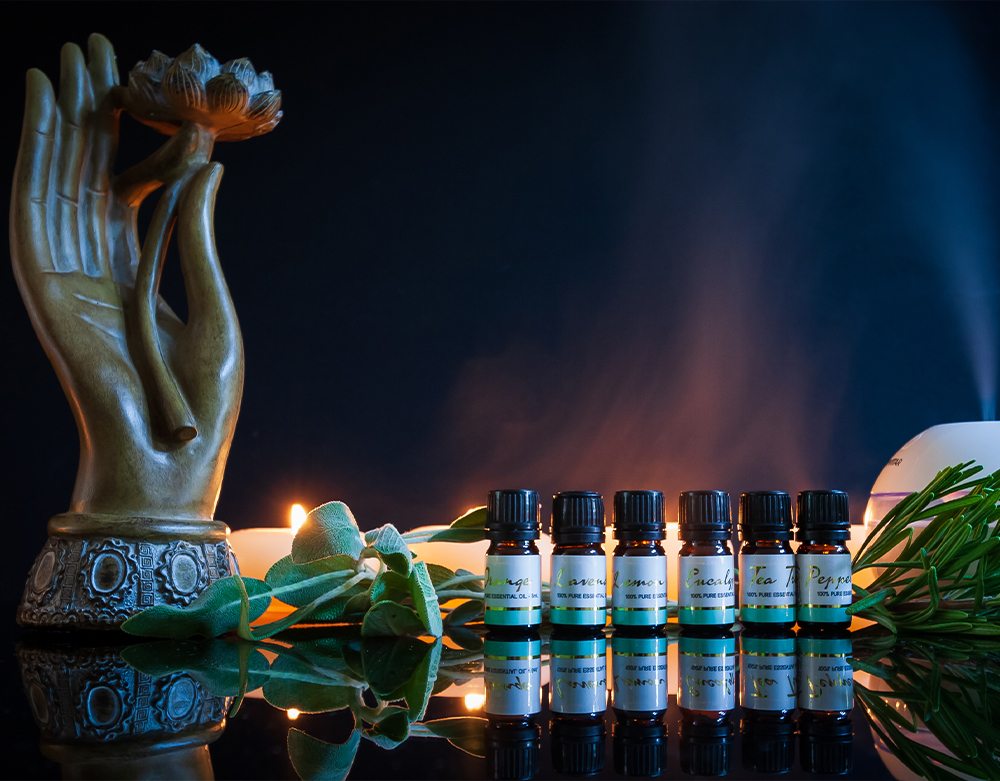
Best Essential Oils for Brain Function
Cedarwood oil
Commonly used in aromatherapies for the mind, cedarwood oil helps improve cognitive function. Known for its sedative properties and soothing scent, it is an ideal oil for patients recovering from brain injuries and sleep disorders.
Lavender oil
Lavender essential oil is a trusted choice for brain injury patients suffering from anxiety and insomnia. It is also known to regulate heart rate, body temperature, and blood pressure—all of which aid in tranquillity among patients.
Black Pepper
Often a popular condiment choice, black pepper is also known for its numerous health benefits. Inflammation is quite common due to brain injuries. Black Pepper oil promotes faster recovery by reducing inflammation in the brain.
Tea tree
With its medicinal aroma, tea tree oil is beneficial for low energy level. The camphoraceous scent of this oil can reduce fatigue and lethargy and clear your mind. If you experience mental sluggishness, inhaling tea tree oil is a good option.
Lemon essential oil
The lemon essential oil has a citrusy scent with an uplifting property that creates a positive mood. It can clear away negativity and reduce stress, and provide a sense of renewed energy.
Why using an essential oil can be effective for my brain?
The essence in most essential oils stimulates the behavioural and emotional responses that consequently control memories, sentiments, and instincts. The unconscious functions of the brain, such as blood pressure and heart rate, are also positively affected. This stimulation of the brain eventually reduces stress and boosts energy and relaxation.
Aromatherapy essential oils release chemicals like endorphins and serotonin in the body, promoting pleasure and happiness. This consequently calms and relaxes the mind.
Pure essential oils can have a calming effect on patients who are suffering from loss of memory or agitation, like dementia and Alzheimer’s. The oil helps in suppressing aggression and agitation and in improving the quality of sleep. A few essential oils can help boost the brain’s overall performance and help remember future tasks and events. Some essential oils are very good for relieving anxiety and controlling mood swings; some oils are excellent simulators of the mind. They help improve the memory and cognitive performance of the brain. Using essential oils is very beneficial for memory and learning and for the tissue markers of the brain that occur with age.
It has been scientifically proven that many essential oils positively affect the brain. They are good stress-busters that help maintain focus and motivation.
Essential oils have been used in aromatherapy for generations, mainly to treat symptoms of depression, insomnia, and anxiety. Essential oils are very effective for patients with dementia or Alzheimer’s, helping to boost memory, ease agitation, and improve mood.
Nervous System & Essential Oils
Essential oils help balance the body’s communication channel— The nervous system. This system helps us sense our environment and generate the related response. It is responsible for coordinating all our actions and sensory information. It also helps recognise environmental changes that impact the body. Pure, undiluted essential oils used in aromatherapy support a healthy nervous system. The system’s functions can benefit immensely by using aromatherapy products with essential oils. The central nervous system is responsible for controlling and coordinating all the activities you do. This includes thinking, breathing, feeling and walking. The system comprises the brain, spinal cord and the network of nerves in the body. These nerves carry messages from the brain to different parts of the body and vice versa, making it easier for the brain to interpret and take appropriate action.
Best Essential Oils for Nervous System
Bergamot
Derived from Bergamot oranges, a hybrid of bitter orange and lemon, Bergamot oil is known for its invigorating, citrusy scent. So much so that it is often used as base notes in perfumes due to its calming, lingering scent. Studies have been conducted to prove that Bergamot essential oil helps improve mood and relieve anxiety.
Frankincense
Known for its sweet and musky aroma, Frankincense oil is proven to counteract the effects of anxiety and stress through aromatherapy. It has been proven to show positive results in reducing stress in pregnant women during and after labour.
Geranium
Geranium essential oil is a popular name in neuropathy and aromatherapy. This is solely due to its properties in reducing pain sensitivity, inflammation, and stress-triggering indicators. The pleasant scent comes with powerful sedating properties. A common herb in teas to induce sleep, geranium oil is perfect for treating anxiety and sleep disorders through aromatherapy.
Why using essential oil can be effective for my nervous system?
Essential oils have been known to have therapeutic effects since ancient times. Since they do not have synthetic fragrances and natural healing properties, essential oils help treat several diseases and health conditions and prevent illnesses. They are also used for religious ceremonies.
Essential oils also have antifungal, anti-inflammatory, anti-cancer, anti-oxidant and antibacterial properties. They can also reduce anxiety, dementia, and depression. These oils can be used for topical application, inhaling, or ingesting.
Essential oils have also been seen as beneficial for improving memory and concentration. They are also used to treat dementia, Alzheimer’s, epilepsy and reduce stress.
When it comes to stress, aromatherapy with certain essential oils has played a great role in reducing the tensions arising in the body and emotions. They uplift the mood and release the tension.
Many clinical trials have shown that using essential oils for nervous system receptors produces measurable physiological changes, leading to psychological effects. Inhalation of essential oils results in changes such as blood pressure and improved respiratory rate, leading to relaxation of mind and alertness.
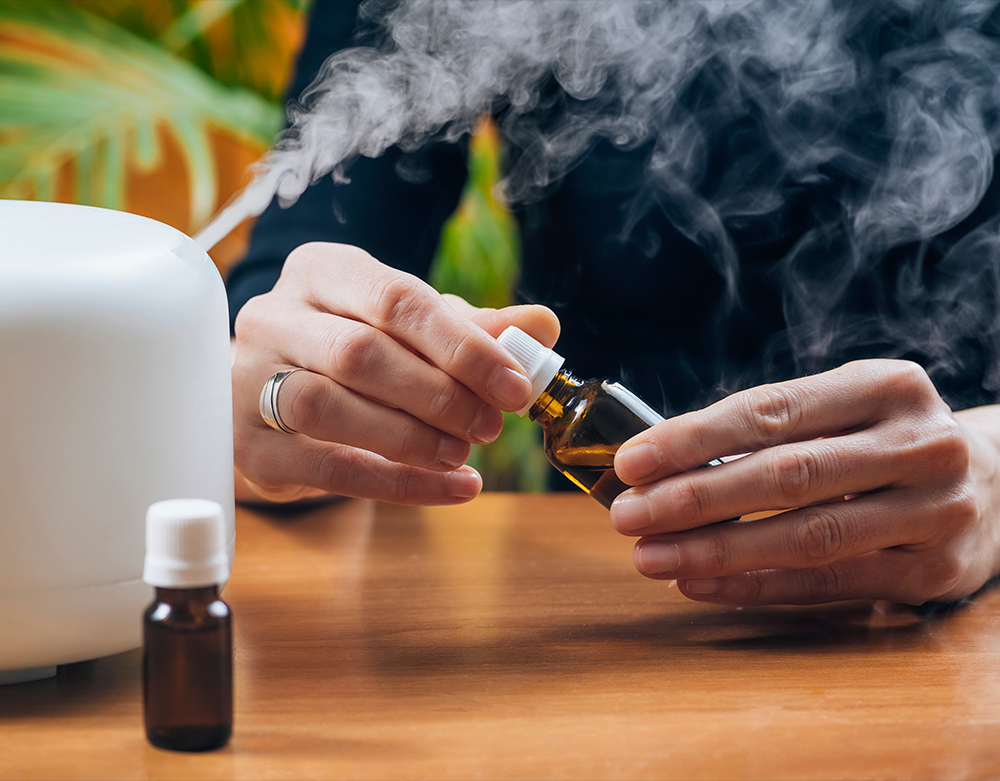
Essential Oils & the Cardiovascular system
Essential oils have shown that ingesting aromatic compounds through aromatherapy has incredible heart health benefits.
The cardiovascular System, also known as the circulatory system or the blood-vascular system, is composed of the heart, veins, arteries, and capillaries. It is responsible for circulating blood, which delivers nutrients and oxygen to the tissues through the bloodstream.
The cardiovascular system maintains homeostasis, which is dependent on the controlled and continuous flow of blood through the capillaries, which reach every tissue and cell in the human body. Many control mechanisms integrate and regulate all functions and components of the system to supply blood to all body areas as required.
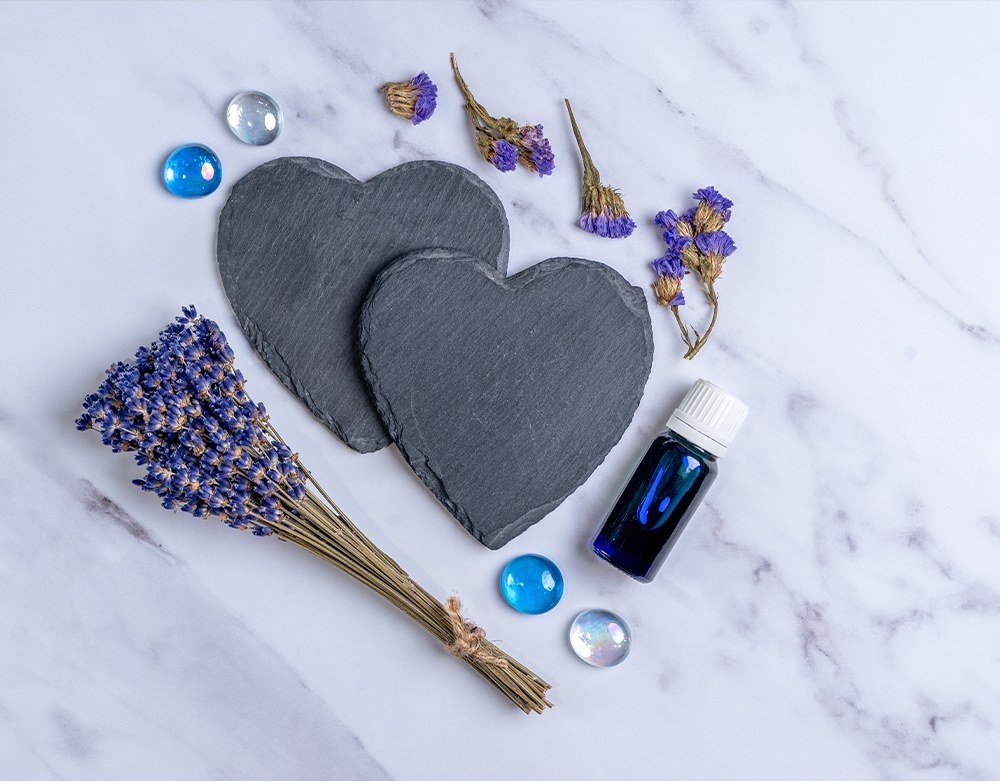
Why using an essential oil can be effective for my cardiovascular system?
Essential oils obtained from flowers, plant seeds, leaves, and wood are used in medical procedures for centuries. They can be inhaled using diffuser. Alternatively, they can also be applied to the skin. But while applying essential oils, you should mix them with carrier oils like jojoba oil and coconut oil to ensure the essential oils safe use. This prevents skin irritation and allergic reactions.
Also, there is evidence that aromatherapy can lower heart rate by relieving a person’s stress and anxiety. This, in turn, is beneficial for our cardiovascular system. This is beneficial, especially for people with high blood pressure.
Dyslipidemia is a major risk factor for cardiovascular diseases, and essential oils help improve blood lipid levels. Some essential oils help reduce serum cholesterol, suggesting they have anti-atherosclerotic properties.
Hypertension is another major risk in people with cardiovascular diseases. A major control of blood pressure is required to reduce its effects, and natural essential oils are considered very helpful. Intragastric digestion of the oils helps in relieving pain and has antihypertensive effects.
It is a known fact that heart health is compromised due to internal stressors. Ingestion of aromatic compounds will ensure the prevalence of happy, calming, and peaceful thoughts. Uplifting essential oils like mint and citrus oils are good for heart health.
Best Essential Oils for Cardiovascular System
Basil
Often considered the royal herb, holy basil is mostly used in soups, pesto, and other dishes for its extra dose of magnesium and vitamin K. Basil essential oil is known for lowering bad cholesterol levels, eventually aiding in reducing the risks of heart disease.
Clary sage
This essential oil is known for reducing irritability and anxiety. It also offers benefits like lowering systolic blood pressure and heart-related ailments, which can help avoid severe heart diseases.
Ylang Ylang
Several studies have proven that inhaling the scent of this essential oil induces a sedative response and regulates blood pressure and heart rate.
Eucalyptus
Commonly used as a primary ingredient in cough drops and other cold relief products, eucalyptus oil has also proven beneficial for your heart. Inhaling air infused with eucalyptus essential oil has been proven to significantly reduce blood pressure in several research studies.


